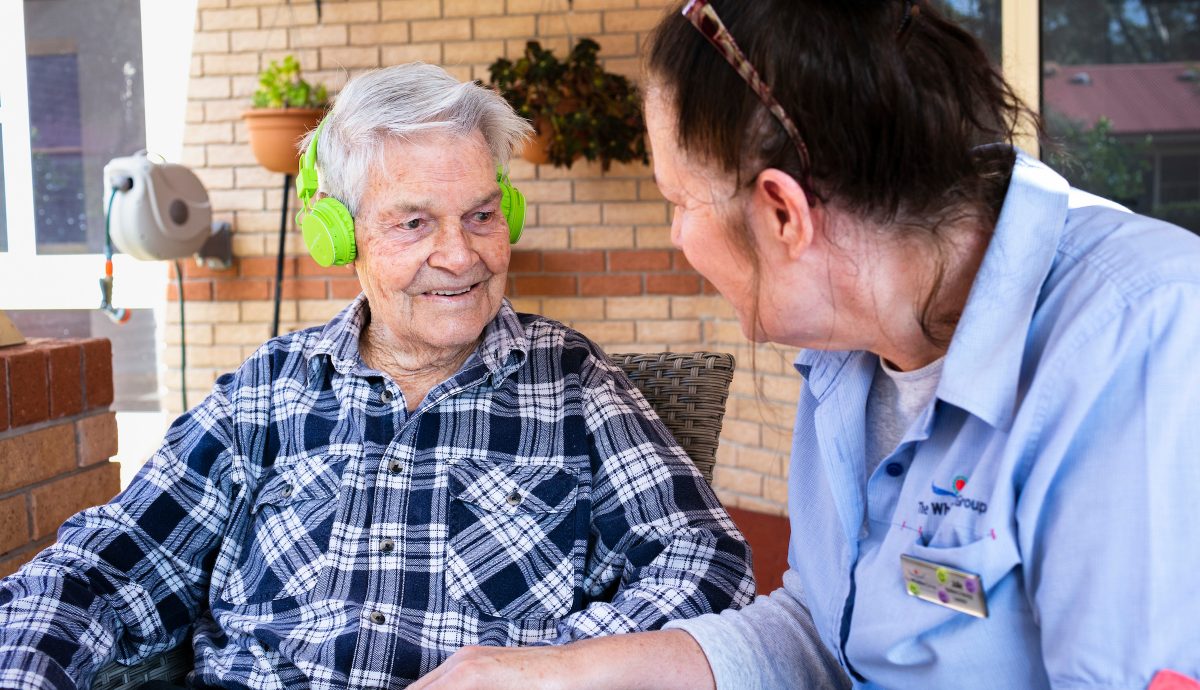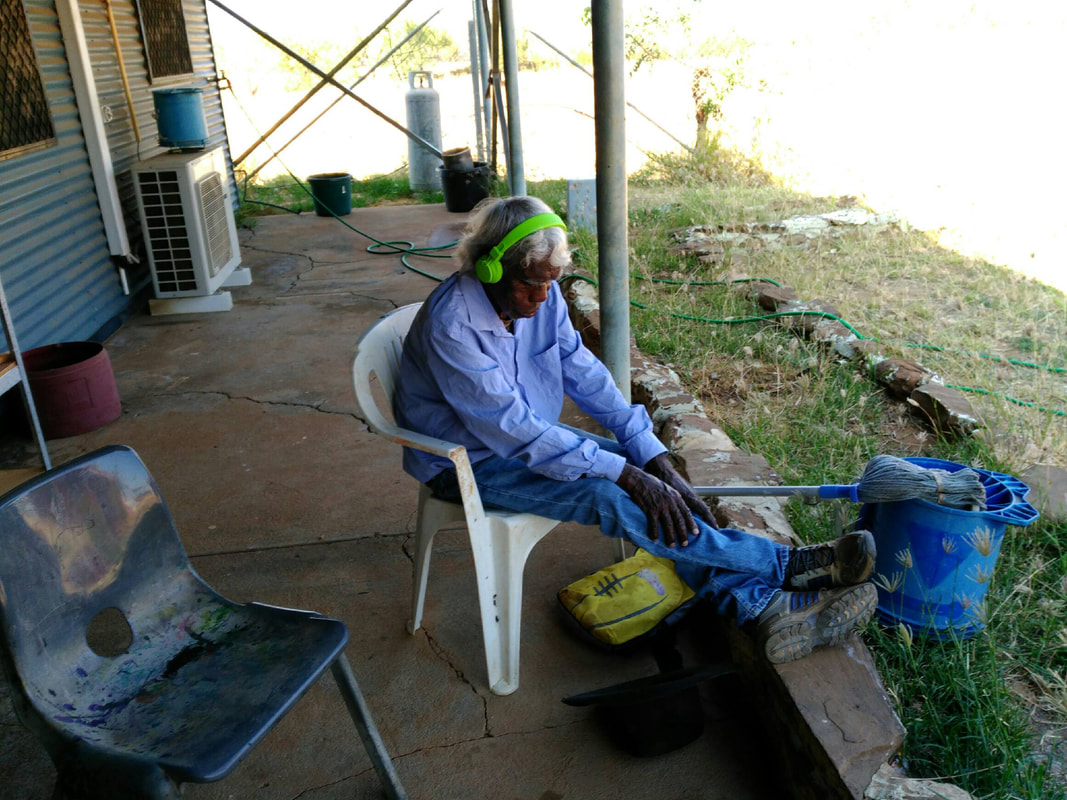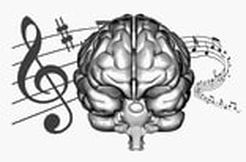|
ANASTASIA TSIOULCAS
A touching video showing a former ballet dancer afflicted with memory loss gracefully dancing as she hears the music from Tchaikovsky's ballet Swan Lake has gone viral worldwide. The video was recently shared by the Asociación Música para Despertar, a Spanish organization that promotes music therapy for those afflicted by memory loss, dementia and Alzheimer's disease. Since then, media organizations, celebrities and individuals across the globe have shared the video of former dancer Marta C. González. The video is undoubtedly moving and uplifting, and it speaks to the power of music and dance for those suffering from memory loss. González elegantly moves her arms to the music, her eyes flashing with purpose. But many questions have arisen about González — and what the video purports to show. Música para Despertar says that the video was taken in Valencia, Spain in 2019, and that González has since died. The charity also claims that González was a former prima ballerina with "the New York Ballet" in the 1960s. There is no such known company and the New York City Ballet does not list anyone by that name as one of its alumni. Alastair Macaulay, a prominent dance critic formerly with The New York Times, has been chasing González's history and posting his findings to Instagram. On Tuesday, Macaulay posted that he has located a mysterious 1966 document, bearing what appears to be a Cuban governmental stamp, from a non-existent organization called "The Higher School for Professional Studies, Nueva York," saying that "Marta C. González Saldaña" could be called a "prima ballerina" in the "Ballet de las Américas" — but there is no such company in New York or anywhere else in the U.S. Furthermore, the 2019 video of González is interspersed with archival clips of someone dancing, which casual viewers have assumed to be González performing at the peak of her career. But it is apparently not González dancing — and the archival performance is not of Swan Lake, either. Macaulay says the clips are of a former prima ballerina from Russia's Mariinsky Ballet, Uliana Lopatkina — performing not Tchaikovsky's ballet, but the solo piece The Dying Swan, a dance set to music by French composer Camille Saint-Saëns from his longer piece Carnival of the Animals. The Asociación Música para Despertar did not immediately respond to NPR's questions on Tuesday about the video and González. The Alzheimer's Association notes that music can be an important form of therapy for patients with dementia and Alzheimer's disease. No matter what González' personal history actually was, Tchaikovsky's music clearly evoked a strong, truly visceral response from this former dancer.
0 Comments
Thank you for your phone call, ongoing support and encouragement.
Just wanting to share with you an occasion I recently experienced whilst volunteering in the Emergency Department (ED) of our local hospital. A very elderly lady was brought into ED by her concerned son. The lady's condition had been deteriorating and understandably her son was very concerned. ED staff responded in a very genuine and caring manner but the lady remained agitated. After a length of time I volunteered to sit with her whilst her son left to attend to other matters. I asked the lady for her son's name but because of her anxiety I was unable to catch what she was saying. On asking again she started to gently sing "Danny Boy"; thus providing his name. Having identified her love of music, I asked if she would like to listen to music I had downloaded to the eSHUFFLe (a general collection of older songs) and with ED staff approval, the eSHUFFLe was gently placed for her. The response was almost magical. In no time at all, our lovely 99 year old lady, was resting back on her pillows, gently swaying to the beat of the music and mouthing the words of the song. This lady listened for about 40 minutes. The eSHUFFLe was removed and she rested comfortably until being moved to one of the wards for further care. How little we have to do in so many instances to give peacefulness and enjoyment. Wishing you, and all your fellow volunteers the very very best with your future developments to so many people in a range of situations. Thank you for all the work and commitment you have given. as reported by Sandy Cheu in Australian Ageing Agenda A trial using music to improve wellbeing, behaviour and psychological symptoms of residents living with dementia has been launched at the Whiddon Group’s Laurieton facility.
The six-month trial aimed at residents with advanced dementia is part of the relationship-based approach to care at the facility, which puts residents and their families at the centre, Whiddon says. The trial commenced in March. It currently involves approximately ten residents, who listen to a personalised music playlist about three times a week, twice a day, for a up to an hour, depending on individual diagnosis and tolerance. It uses specialized [eSHUFFLe] wireless headphones made by Music and The Brain Foundation and designed for people living with dementia to optimize the length of time they are able to wear them. Staff worked with family members and friends to learn each resident’s music preferences from when they were young adults. The Whiddon Group’s executive general manager Karn Nelson said the personalised playlists have a calming effect on the residents. “We found that when they’re wearing the eSHUFFLEs and listening to the music, there is an immediate effect,” Ms Nelson told Australian Ageing Agenda. A calming effect “They almost immediately show they are much calmer and display signs of pleasure,” she said. At first, residents were “suspicious” about having headphones on, however once they adjusted to them, they reacted in a positive way, Ms Nelson said. An increase in social engagement, relaxation, smiling, giggling and reduction in wandering and agitation are among other effects that have been observed. “When they listen to the music they sit down, they relax, they smile, they start laughing and it will relax them enough so that they can also sit and eat. “Everyone benefits from the program, however some more than others,” she said. The calming effect has also been shown to last after residents have stopped listening to the music, Ms Nelson said. “There is about a one to three-hour window where they might become more socially responsive and will be very content,” she said. For some residents, “we’re sort of seeing a build-up effect, and it might last for the rest of the day and in general, they have a much better day and then sleep better,” Ms Nelson said. The aim is to be able to slowly increase the number of listening times to three times a day, Ms Nelson said. The Laurieton facility is reaching the end of its trial, and Whiddon is looking to develop it further and implement it at other facilities. “The objective was to trial it in one service, see how effective it was, and figure out how we can develop it and integrate it into our care approach, so it becomes a standard part of our care for people living with advanced dementia,” Ms Nelson said. The power of music on memory is well-known: music is an incredibly powerful and emotive tool that conjures up memories good and sad for many people, regardless of their age and memory. For people with dementia, music can have the incredible ability to take them back to yesteryear and to create powerful reactions to a familiar tune or lyric. An aged care home in regional Australia has been trialing a music program for people with advanced dementia. The trial aims to understand the benefits of music for residents, how musical intervention can contribute to their relationship based care approach, and whether music intervention could go beyond alleviating symptoms like anger and anxiety and improve quality of life, social interaction and engagement. Managing dementia with music. People with dementia often express unmet needs, boredom, frustration, anger and anxiety through agitated behaviours, verbal calling out and constant wandering. Psychotropic medications are sometimes prescribed by health professionals to aid with the management of these behaviours, and many aged care homes use medication as a last resort, instead seeking to use non-medication based strategies and gain a deep understanding of each person to be able to understand and address their unmet needs. The trial of this program explores whether music, when tailored to each person and used in specific ways, can calm and distract residents and remove the need for medication. How does the music program work? The music program uses personalised playlists and specially designed MP3 players {eSHUFFLEs], with each resident having their own playlist and device. Research by Stanford University, the first to develop and test music as a way to manage agitation without medication, demonstrates how effective individualised music can be for people with dementia. All of the residents within this small scale trial reacted very positively, as evidenced by the recordings in the Lawton Scale, almost immediately to the music therapy. Responses to the therapy ranged from laughing and chatting, engagement with music and tapping feet, discussing memories brought on by the songs, and talking with family, staff and other residents. As the trial progressed and residents became familiar with what the eSHUFFLe headphones signified, the response time to the music reduced and the relaxed and positive effects were almost immediate. Care staff involved in the trial reported that responses to the musical intervention differed based on each resident’s relationship with music throughout their life. For those whom music had always been important, the responses were more powerful. Listening to music seems to really improve quality of life for the residents in the trial, as it would have done throughout their life, and staff have utilised the musical intervention more frequently given its success. Music as an effective therapy for people with dementia
Deb has dementia. She often looks lost and expressionless, wandering restlessly and without interaction. Staff at the care home share that Deb can become very isolated due to her dementia, displaying signs of anxiety and sadness. When Deb first joined the trial of this program and began listening to the playlist developed specially for her, based on her past and favourite songs (upbeat surfing music, like the Beach Boys), she smiled instantly, began laughing and tapping her foot in time to the beat. One of the care workers who knows Deb well report that she laughs, giggles and feels involved and included when she is wearing her eSHUFFLe headphones. While Deb’s responses to music as a therapy are overwhelmingly positive, the quality of her response is enhanced by developing a playlist just for Deb, with plenty of detective work between the care staff and Deb’s family employed. Allan Watts - Remote Community Support Worker, Kimberley Aged and Community Services This is Truman who used to be a boxer. He attends the KACC every morning for breakfast, but he never stays too long. He may say a few words to his friends but he is not one for sitting around for a chat.
Truman is hard of hearing and I often have difficulty making myself understood to him, So last week while in Yungngora I asked him if he would like to have a listen to a story on the new eSHUFFLEs we were testing out, We adjusted the volume for his hearing and as soon as that was sorted out he was hooked. Truman spent two hours sitting listening to old stockmen stories which I had loaded on to the eSHUFFLe headphones, and he will become one of the first folks in Yungngora to get a set for himself. He wants old Slim Dusty songs, ( not the new stuff I make him listen to, he told me) The following day I took three of the old fellas up to Fitzroy for the day, Truman, Jimmy and Sammy, they all talked non-stop about their younger days on the trip up and back. Next morning at the KACC the three of them started telling me about their first time droving sheep into Noonkanbah , they were 11 years old. They asked if we could record some of their stories on my next visit, so they could also go onto the headphones. This was the first trial on my first trip out with them. A spectacular success. |
BLOGSince 2014, Music and The Brain Foundation has been quietly changing lives. Whilst not reporting on all of our work, this Blog shares just a small sample of some of our stories to illustrate the impact of our work in Australia. Archives
November 2020
PROGRAMS |



 RSS Feed
RSS Feed


